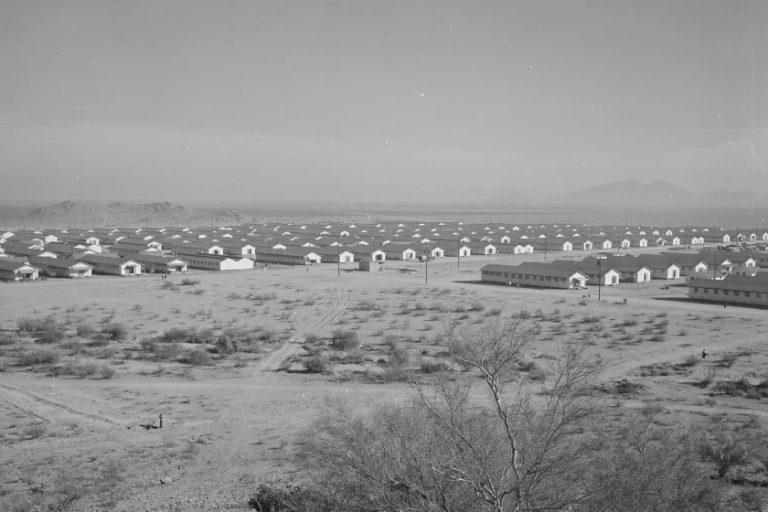By Lee Strubinger
Following the massive, months-long protest against the Dakota Access Pipeline in North Dakota, lawmakers in South Dakota enacted laws curtailing protests in that state. The legislation is in anticipation of demonstrations against the Keystone XL pipeline.
Now that it’s in effect, the bill stiffens penalties for protesters, expressly restricts blocking highways, and allows the governor to establish temporary ‘safe zones’ where access is limited.
The law went into effect immediately after the governor’s signature because of an emergency clause included in the language. That language initially hampered progress of the bill as it worked through the legislature. State Democrats opposed it, and conservative Republicans viewed it as a power grab by the governor.
Some House Democrats, like Representative Dan Ahlers, changed their stance after public safety officials briefed them on potential actions against the Keystone XL pipeline.
“I talked to our local sheriff and collected a little more info and data and decided I wanted to hedge on the side of safety and continue to work,” Ahlers said. “Hopefully with this letter from the governor to the tribes, to get them together and meet, maybe we can mend a few fences there too.” Ahlers wouldn’t comment on what information he received.
Other Democrats didn’t budge. Representative Shawn Bordeaux represents portions of the Rosebud reservation.
“I think what we’re doing is sending a message to the tribes that we don’t care what they think,” he said.
South Dakota Governor Dennis Daugaard sent letters to all nine tribes in the state encouraging communication on how to handle looming pipeline protests.



